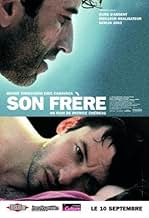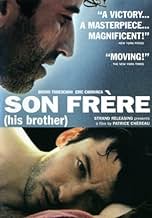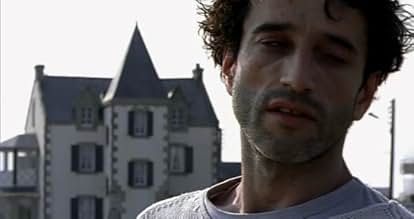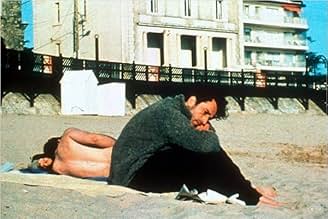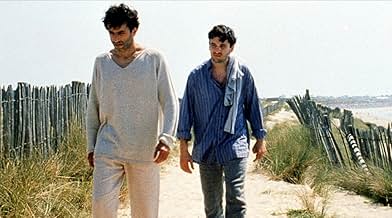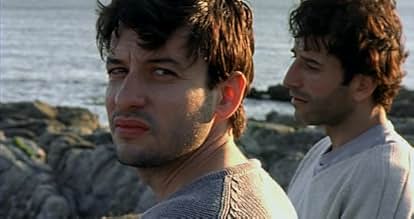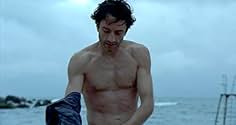When I saw this film recently on the Sundance Channel, I had no advance knowledge of it. That is how I prefer to watch any film, but publicity -- being what it is -- usually stands in the way of any such cleanly objective approach.
In this case, the story is told in segments that play around with chronological time yet achieve an overall effect of linearity. Central to the film are scenes in the hospital that capture as no other film I have seen the stark and compressed place where life and death coexist. Normally that suggests soap opera bathos, as in such TV dramas as ER or General Hospital. But here is only an overwhelming display of truly remarkable clinical minutiae, against which an inner drama between the characters is allowed to play out either in silence or in visual takes showing the characters reacting to an unfolding revelation of who they really are and how they relate to each other. The director achieves his goal through understatement, with few exceptions. Quintessentially French.
Even the love scenes, such as they are, have a clinical feel to them. If I have one negative comment, it is that the film lacks any contrasting relief from its lugubrious tone, no touch of irony or brief bit of self-effacement. Small wonder some viewers may find it flat or uninspiring.
Yet the tacit theme of finding new ways of looking at oneself through suffering and change stands out. The two brothers are seen to rekindle a relationship that had been lost or misplaced, even as death approaches inexorably. I would not mind sitting through it again to examine more closely some of its subtleties hiding behind the sledgehammer reality of hospital life.

